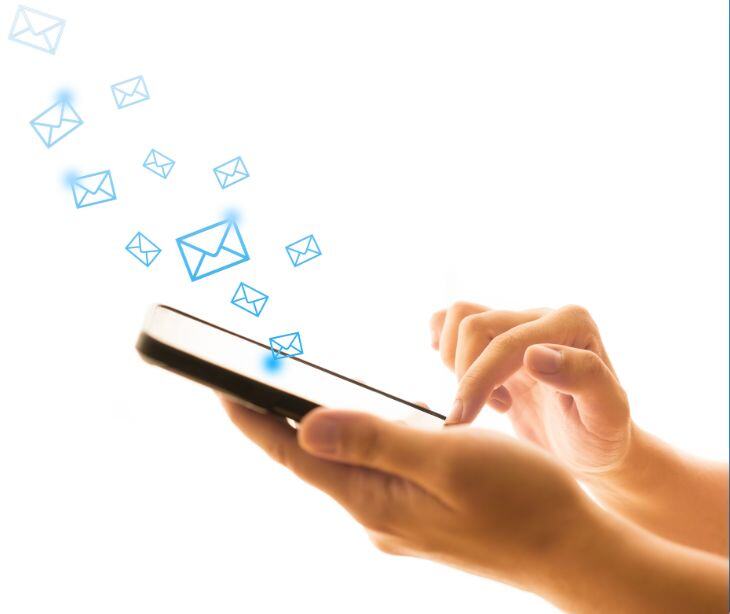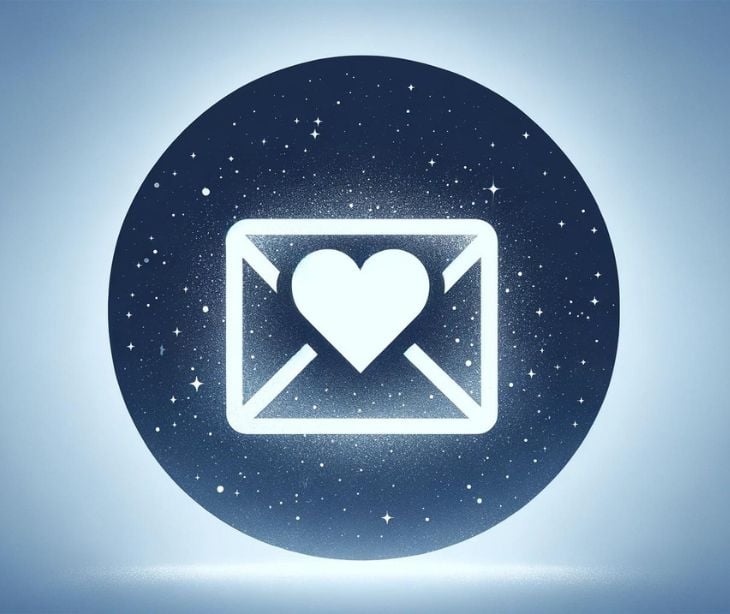
Email can have both positive and negative impacts on mental health. On the positive side, email provides a convenient way to stay connected with friends, family, and colleagues, fostering a sense of community and support. It enables efficient communication, helping to reduce stress related to work and personal tasks. However, the constant influx of emails can also contribute to anxiety and overwhelm, especially when dealing with a high volume of messages or urgent requests. The pressure to respond promptly and the blurring of boundaries between work and personal life can lead to burnout and decreased overall well-being. Managing email effectively and setting boundaries can help mitigate its negative effects on mental health.
Email usage
LuxSci statistics reveal that “92% of Americans have email accounts, and 49% check them multiple times daily.” These statistics demonstrate the widespread use of email among the US population. “Even among older populations and disadvantaged communities, email has been widely adopted,” says LuxSci.
See also: The ubiquity of HIPAA compliant email in healthcare
The positive impacts of email on mental health
Communication and connection
Email facilitates communication and connection, allowing us to stay in touch with friends, family, and colleagues regardless of geographical distances. This can be particularly beneficial for maintaining relationships and reducing feelings of isolation. Email can provide a sense of support and community for those with limited face-to-face interactions.
Flexibility
One of the key advantages of email is its flexibility. Unlike real-time communication methods such as phone calls or instant messaging, email allows individuals to respond at their own pace and convenience. This can reduce the pressure and stress associated with immediate responses, enabling a more thoughtful and deliberate approach to communication.
The negative impacts of email on mental health
Email overload
Receiving a high volume of emails can lead to feelings of being overwhelmed and stressed. The constant influx of messages can create a sense of urgency and pressure to respond promptly, contributing to anxiety and burnout. This phenomenon, known as "email overload," is a common issue in both personal and professional contexts.
Work-life balance
The omnipresence of work emails can blur the boundaries between work and personal life. Constant access to emails, especially through mobile devices, can lead to a lack of downtime and increased stress. The expectation to be available and responsive outside of work hours can interfere with personal time and family life, eroding the work-life balance.
Sleep disruption
Checking emails late at night can interfere with sleep patterns and contribute to insomnia. Additionally, the mental stimulation from reading and responding to emails can make it harder to unwind and fall asleep.
Digital fatigue
Spending excessive time on email, along with other digital activities, can lead to digital fatigue. This condition is characterized by feelings of exhaustion and reduced mental well-being due to prolonged screen time. Digital fatigue can impact productivity, focus, and overall mental health.
Read also: Using HIPAA compliant emails to transform mental health globally
Strategies for managing email to protect mental health
- Setting boundaries: Designate specific times for checking and responding to emails to prevent constant interruptions. Avoid checking emails outside of work hours to maintain a healthy work-life balance. Communicate these boundaries to colleagues and contacts to set expectations.
- Organizing and prioritizing: Effective email management involves organizing and prioritizing messages. Use folders, labels, and filters to categorize emails and prioritize important ones. Unsubscribe from unnecessary email lists to reduce clutter. This can help create a more manageable and less overwhelming inbox.
- Taking breaks: Scheduling regular breaks away from email is crucial for reducing digital fatigue. Use techniques like the Pomodoro Technique, which involves working for focused periods followed by short breaks, to balance email management with rest. Taking breaks can improve focus and productivity while reducing stress.
- Mindfulness and stress management: Practicing mindfulness and stress management techniques can help handle email-related stress. Engage in activities that promote relaxation and mental well-being, such as meditation, yoga, or deep breathing exercises. These practices can help reduce anxiety and improve overall mental health.
- Communication clarity: Set clear expectations with colleagues and contacts about response times and availability. Use out-of-office replies to manage expectations during vacations or breaks. Clear communication can reduce the pressure to respond immediately and help maintain boundaries.
Resources for further support
- Counseling and therapy: Professional support from counselors or therapists can provide strategies for managing email-related stress and improving mental health.
- Workplace programs: Many organizations offer employee assistance programs (EAPs) that include mental health resources and support. Take advantage of these programs to access additional help and guidance.
See also: HIPAA Compliant Email for Mental Health Professionals
FAQs
What role does email etiquette play in mental health?
Email etiquette plays a role in mental health by fostering clear, respectful, and effective communication. Following good etiquette, such as being concise and polite, can reduce misunderstandings and stress, contributing to a more positive and less stressful email experience.
Is it beneficial to set an auto-response for emails outside of work hours?
Setting an auto-response for emails outside of work hours can be beneficial as it sets clear expectations for response times and helps maintain work-life balance. It allows you to disconnect from work and focus on personal time, reducing stress and preventing burnout.
What are some signs that email might be negatively impacting my mental health?
Signs that email might be negatively impacting your mental health include feeling anxious or stressed about email responses, experiencing difficulty concentrating on tasks, feeling overwhelmed by the volume of messages, or having trouble disconnecting from work.
Subscribe to Paubox Weekly
Every Friday we'll bring you the most important news from Paubox. Our aim is to make you smarter, faster.



